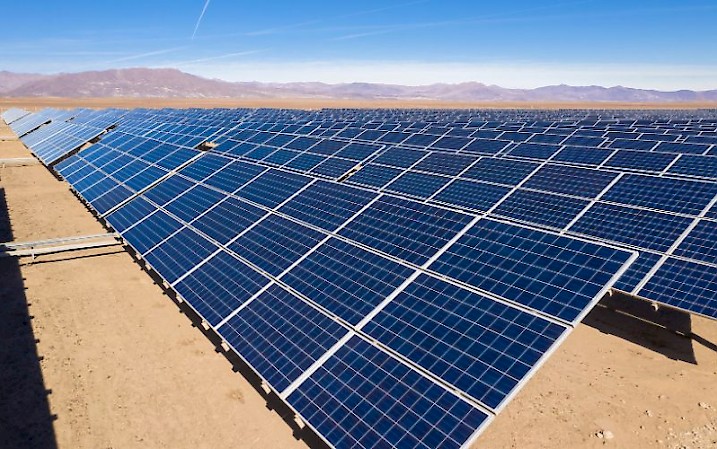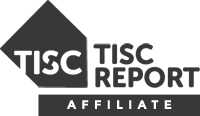
The solar inverter housing is a vital component in photovoltaic (PV) systems, shielding delicate electronic parts from environmental factors such as extreme temperatures, humidity, and UV radiation. Historically, aluminium die-casting has been the method of choice for producing these housings due to its ability to create robust, durable enclosures. However, emerging trends show a notable shift towards aluminium sheet metal housings. This article delves into the advantages of this transition, investigating why aluminium sheet metal is increasingly becoming a preferred option.
In FAIST Group, we have been at the forefront of producing high-quality solar inverter housings for years, leveraging our extensive experience and expertise to continually improve and innovate.
Cost Efficiency
In terms of cost efficiency, aluminium sheet metal presents compelling advantages. Here are the key aspects to consider:
Material costs:
- Reduction in raw material costs, as aluminium sheet metal generally has a lower cost per kg compared to the high-grade aluminium alloys used in die casting
- Lower waste: the sheet metal fabrication process generates significantly less waste compared to die casting, which usually produces considerable amounts of material scrap to achieve specific tolerances required by the design.
Production costs:
- Tooling costs: tooling for sheet metal fabrication is generally more affordable than the moulds required for die casting, reducing initial capital expenditure
- Labor costs: automation in sheet metal fabrication can significantly reduce labour costs and boost production efficiency.
Manufacturing Flexibility
When it comes to manufacturing flexibility, aluminium sheet metal offers distinct advantages.
Design flexibility:
- Easier prototyping and modifications: designing with sheet metal is simpler and faster, making rapid prototyping and iterative design changes more feasible.
- Complex geometries: sheet metal can be shaped into geometries that are often challenging for die casting, and may require a significant CNC post-processing after the casting process.
Production scalability:
- Shorter lead times: using the sheet metal stamping process can result in a faster market response and shorter product development cycles
- Scalable production, as the same setup can efficiently handle both small and large production runs.
Environmental Impact
Aluminium sheet metal also offers significant environmental benefits. Here’s why:
- Lower energy consumption: sheet metal fabrication is less energy-intensive compared to die casting, where high temperatures are required
- Sustainable practices: aluminium sheet metal’s high recyclability supports sustainable manufacturing practices, significantly reducing the carbon footprint in the final product
- Minimized waste: the ability to recycle and reuse scrap metal aligns with green manufacturing goals, reducing overall waste generation.
Performance and Reliability
In terms of performance and reliability, aluminium sheet metal has key advantages. Here’s how:
- Improved heat dissipation: sheet metal designs can be optimized for better thermal management, enhancing the cooling efficiency of inverter components
- Consistent material properties: sheet metal maintains stable material properties, minimizing defects and boosting product reliability
- Corrosion resistance: properly treated aluminium sheet metal offers exceptional corrosion resistance, ensuring the longevity of the housing and strong resistance to mechanical impacts and environmental stresses.
Market and Industry Trends
Aluminium sheet metal is experiencing a surge in popularity within the market due to several key factors driving its adoption.
In terms of innovation and technology advancements, significant progress in fabrication technologies such as laser cutting and CNC bending has substantially improved the capabilities and efficiency of aluminium sheet metal processing. These advancements have bolstered its appeal and versatility in manufacturing.
Moreover, industry adoption of aluminium sheet metal for solar inverter housings is on the rise. Leading manufacturers are increasingly embracing this material, setting new standards and best practices in the industry. This shift reflects a growing recognition of the advantages offered by sheet metal over traditional die casting methods.
On the consumer front, there's a noticeable shift in preferences towards sustainable products. As environmental consciousness grows, there's a rising demand for eco-friendly solutions. Aluminium sheet metal, known for its recyclability and reduced environmental impact compared to other materials, aligns well with these consumer preferences.
Additionally, the market is showing a strong inclination towards cost-effective solutions without compromising quality. Sheet metal fabrication offers efficiencies in production and material usage, making it an economically attractive choice for manufacturers and consumers alike.
These trends underscore aluminium sheet metal's evolving role in the industry, driven by technological advancements, environmental considerations, and market demands for efficiency and sustainability.
Transitioning from AL die casting to aluminium sheet metal for solar inverter housing presents numerous advantages, including cost efficiency, enhanced manufacturing flexibility, environmental sustainability, and superior performance. This shift resonates with current industry trends and consumer demands, positioning aluminium sheet metal as a leading choice in the evolving market.



